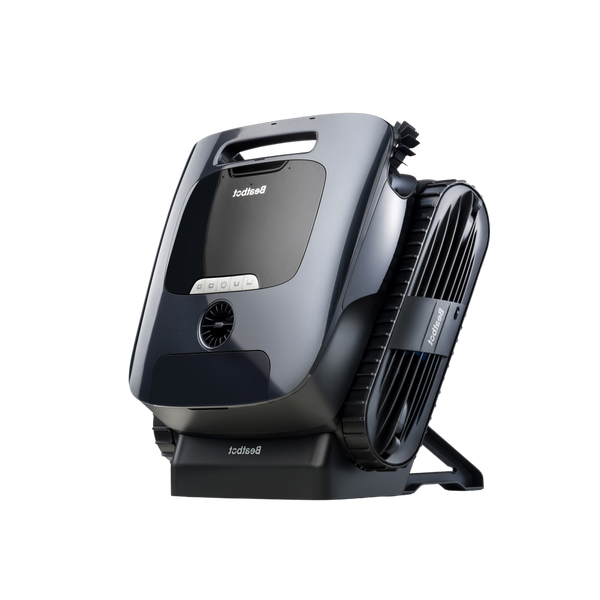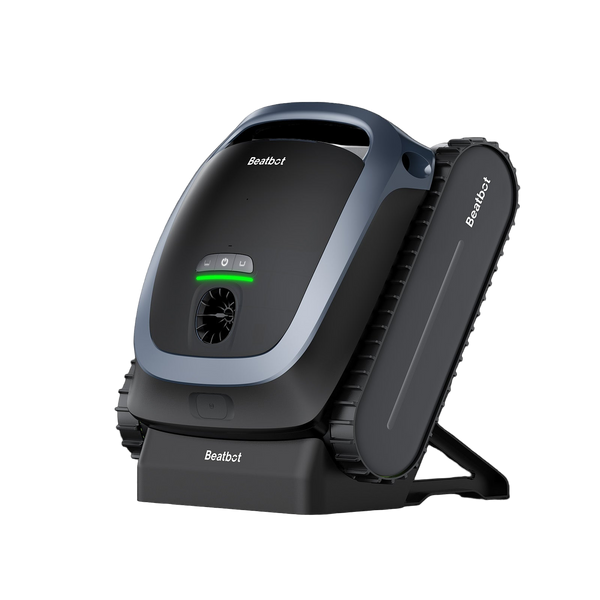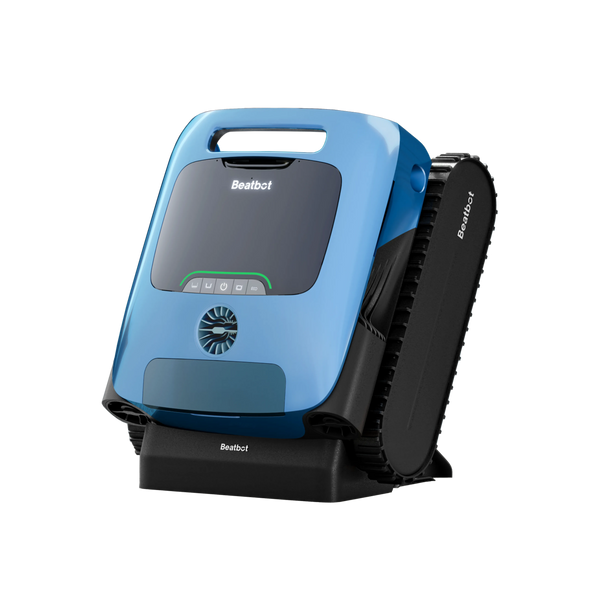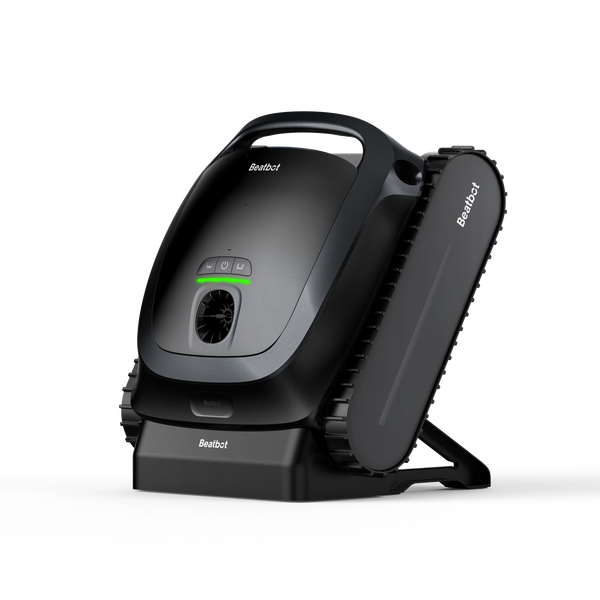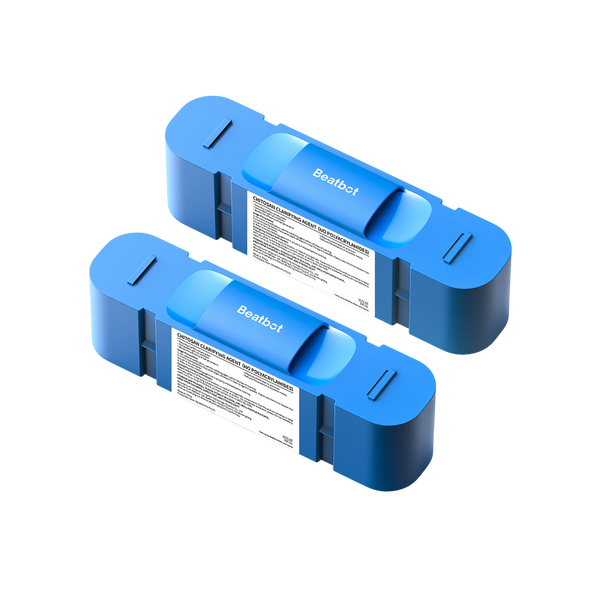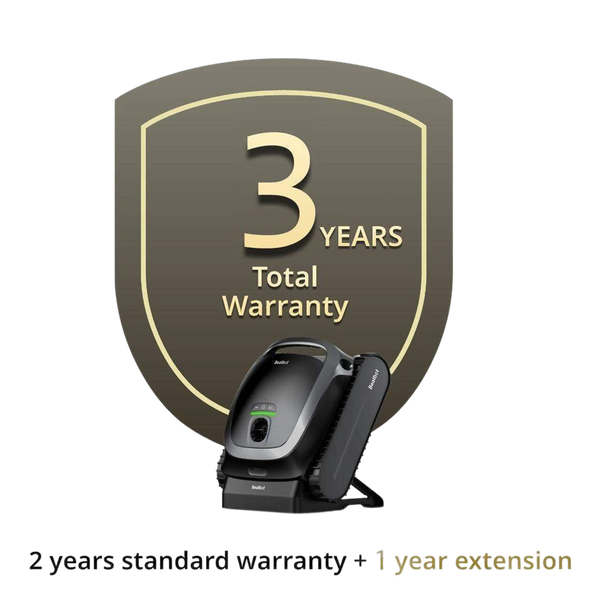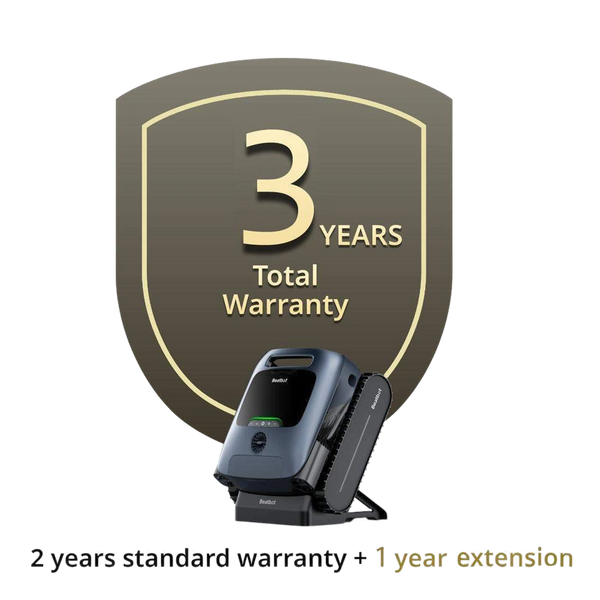Water Hardness: Maintaining Balance for a Healthy Pool Environment
For pool beginners, it can be a real headache to warp their heads around all the chemical terms involved with pool maintenance. However, there are some symptoms easy to detect, which indicate some potential problems. For example, if you've noticed your pool looks cloudy and smells a bit off, it might have encountered with hard water issues.
Table of content
Understanding Water Hardness
When we talk about water hardness, we're referring to the concentration of calcium carbonate (CaCO3) in the water. There are two main types of water hardness: temporary and permanent hardness. Temporary hardness is caused by minerals like bicarbonates, which can be eliminated simply by boiling the water. On the other hand, permanent hardness is due to minerals such as sulfates and chlorides. These chemicals can stick around even after the water has been boiled.

A hardness test kit can help you detect how hard your pool water is. This handy tool measures the hardness level in parts per million (ppm), giving you a clear picture of the mineral content in your water. Typically, the ideal range for calcium hardness in pool water is between 200-400 ppm.Knowing this can be crucial for maintaining the right balance, especially when it comes to pool care.
How Does Water Hardness Affect the Pool Ecosystem?
Impact on Swimmers:
When water hardness is too high, it can severely reduce comfart level by causing irritation to swimmers' skin and eyes. This can be particularly disastrous for individuals with skin conditions. Moreover, hard water leads to an increase in mineral content, which adds to the suspended particles in the water. These particles can be inhaled during swimming, posing a risk to the respiratory system.
Damage to Pool Lifespan:
Excessive mineral deposits can be triggered by high water hardness level. Not only making your pool look cloudy , these things also cling to surfaces and equipment, leading to reduced efficiency and damage. This is especially catastrophic for filters, as it can cause severe clogging issues.
How to Handle High Water Hardness?
Tackling Hardness with Chemicals
Calcium Sequestrants: These are like little calcium magnets. They latch onto calcium and magnesium in the water, stopping them from forming scale. A product like sodium hexametaphosphate is a great addition to your pool to help lower hardness.
- Sodium Polyacrylate:
This stuff is a mineral magnet. It grabs onto those hard minerals, keeping them floating in the water so your filter can catch them. Using it regularly helps keep hardness levels where they should be.
- Cutting Down on Calcium Chloride:
Be mindful of the calcium chloride in your pool products. Opt for those with less calcium to keep from adding to your hardness woes.Remember, always follow the instructions on the product for how much to use and how often. Keeping an eye on your pool's chemistry regularly is key to managing hardness.
Physical Solutions for Softening Water
- Water Softening Systems:
These systems are like little mineral swap meets. They use ion exchange to get rid of hardness minerals by trading calcium and magnesium for sodium. You can go for a manual or automatic system based on what suits you. Keeping up with maintenance, like checking salt levels and cleaning the resin tank, is a must for these systems to work their best. Installing one can really take the edge off hardness, making your pool a lot more pleasant.
- Reverse Osmosis (RO):
This is a high-powered way to soften water. RO uses a special membrane to filter out impurities, including those pesky calcium and magnesium ions. By pushing the water through this membrane, you can seriously cut down on hardness. For the best results, hook an RO unit up to your pool's filtration system or use a portable one. After treatment, keep testing your water to make sure the RO is still doing its job.By using these methods, you can keep your pool water soft and comfortable, ensuring a great swimming experience.

Keeping Your Pool's Water Hardness Just Right
Be Careful of Your Water Source
The water used to fill your pool can make a bog difference to its overall hardness. You may need to ultilize a water softner to treat it before it hits your pool.
Stay on Top of Testing
It's always good to make checking your pool's hardness a habit. Aim for at least once a month. If your pool sees a lot of action or if the weather takes a turn, you might want to test more often.
Keep Chemicals in Check
It's not just about hardness; your pool's pH, alkalinity, and chlorine levels need to be in harmony too. These factors can all influence calcium hardness, so make sure everything is balanced for the best results.
Relative Blogs
About the author


